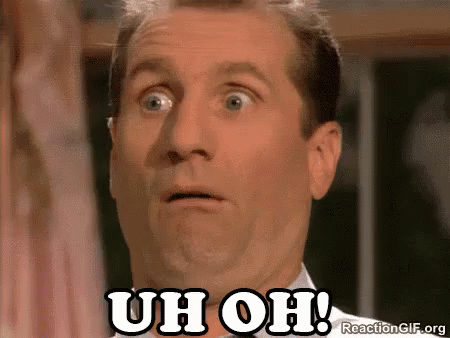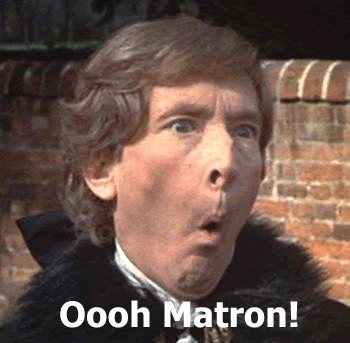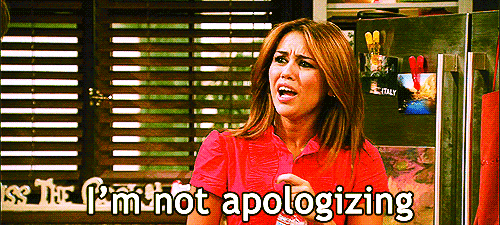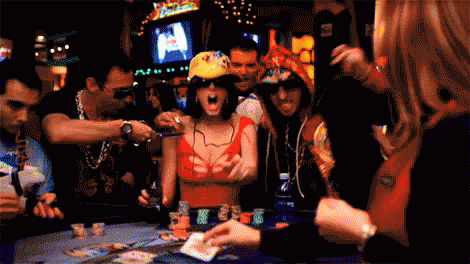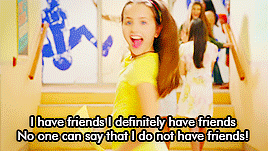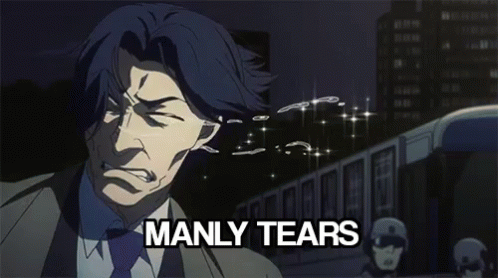It's been a while so I reread my last two posts. I've realised that Marya Bolkonskaya is the perfect anathema to her father's ideas, and that that is probably intentional.
Chapter XXVII
We're still at bald hills. Prince Andrew and his pregnant wife have arrived. His father, Prince Nick, is napping and his schedule cannot be disrupted for any reason, so Prince Andrew knows he won't be seeing him right now. They go to see Marya to kill the 20 minutes until Prince Nick's pre-determined waking time. Marya is practicing the piano - presumably, it was on the schedule - so Andrew's wife greets Marya's friend, Mademoiselle Bourienne instead. Have we met her before?
The two sisters-in-law greet each other like long-lost lovers, despite only having met once, at Andrew and Lisa's wedding. I just looked up her name, I don't think it's been mentioned yet. I also learned that Andrew is unusual in not being based on a real person. Andrew tries not to role his eyes as they continue with the crying and kissing. Mademoiselle Bourienne joins in, and Andrew becomes even more uncomfortable because he is the straight man in this scene (as opposed to the earlier scene with the bear).
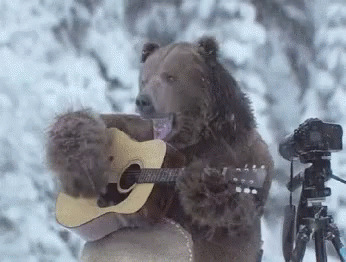
When the kissing and crying are finally done, Andrew gives his sister the more-reasonable greeting of a kiss on the cheek. She pours gossip on him; someone named Kitty has married an old man, and Marya herself might be getting married...but then she gets distracted by the idea that her brother might go to war. He is leaving Lisa - who is definitely pregnant - here at Bald Hills while he does so. Andrew and Marya do some sibling-bonding over their father's schedules, then Andrew leaves Lisa and Marya while he goes to see Prince Nick, who has compromised in his routine by letting his son into the room while he continues to dress for dinner. Prince Nick pokes fun at the military and completely ignores the mention of his future grandchild. Perhaps grandchildren are not scheduled yet. Andrew - gradually moved from Russian to French, because that's a thing - explains the strategy. The army will threaten Prussia, draw her into the war, and then join the Swedish forces at Strausland. The Austrians and Russians will operate in Italy while Russians and English land at Naples to attack the French from different sides. Hey, we're in this!
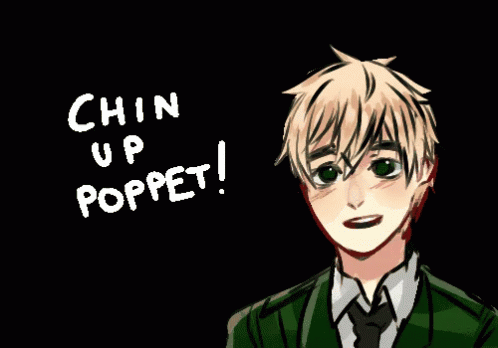
During this description, Prince Nick decides that it is time to ask about his grandchild. He doesn't appear to approve of the plan, but as Prince Andrew points out, that isn't Andrew's fault. Prince Nick quotes a little French poem, which appears to mean he is sad that his son is going away, possibly to die. I am so smart.
Chapter XXVII
Now is the proper time for dinner. Prince Nick has invited Michael Ivanovitch (who blows his nose in the corner at parties) to prove to his children that everyone is equal. He seems to like talking to Michael, even if he is a public nose-blower. There are footmen and butlers everywhere, and they are all very anxious about the schedule. Andrew makes fun of the family tree on the wall before Prince Nick enters, at exactly 2pm. He comments on Lisa's pregnancy, suspiciously well-developed for so soon a date after the wedding and suggests that she walk more. Poor Lisa. Even the narrative calls her fat.
The prince decides to bring up Napoleon again, by pretending that he and Michael Ivanovitch had discussed the topic before. Michael goes along with it because he knows that he's a living prop in this mansion. 'They' don't think Napoleon is a big deal, and 'they' think it's ridiculous for so many forces to go against him. Prince Nick thinks all young folk are idiots who cannot see their noses in front of their faces, and that Napoleon is a jumped up little upstart and they should all stop panicking (I paraphrase). Prince Andrew decides to point out something stupid one of his father's heroes did once, to highlight the rose-tinted nostalgia. Nick sidesteps the issue, and points out that Napoleon is not a great general on his merits; he was born with a silver spoon in his mouth. Besides, all he's beaten are the Germans, and "only idlers fail to beat the Germans". Prince Andrew just lets Nick rant for the rest of dinner; neither will change their mind. Nick teases Mademoiselle Bourienne who protests that she is "not a Buonapartist!". Lisa confides to Marya that she is a little scared of Nick. Marya just witters that he's kind.
